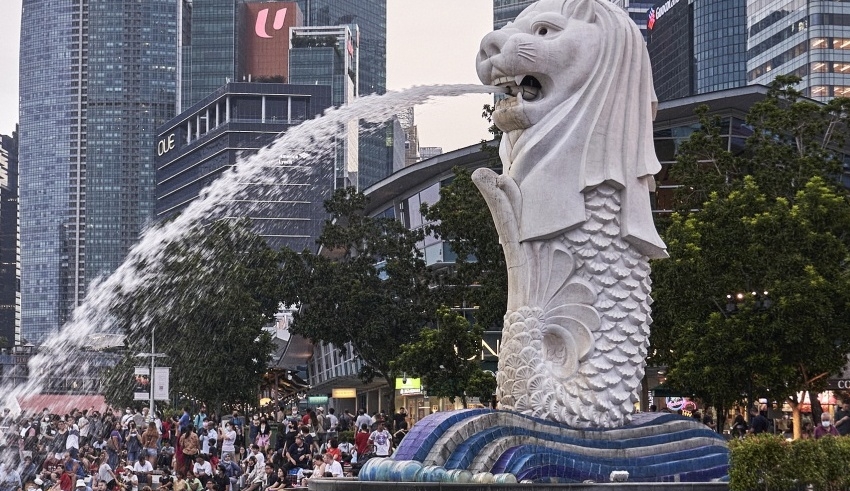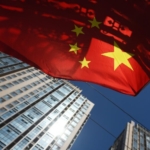
Wealthy Chinese people have been flocking to Singapore in recent years, enticed by its business-friendly atmosphere, strategic position, excellent quality of life, and well-developed wealth management sector. This development, however, has not been without controversy, prompting worries about future social and economic issues for the local community. In this essay, we look at why Singapore has become a magnet for Chinese millionaires, the benefits it provides, and the issues it presents.
Singapore’s reputation as one of the easiest locations in the world to conduct business is a major appeal for Chinese millionaires. Its clear legal system, minimal levels of corruption, and attractive tax regime provide an atmosphere beneficial to economic growth. This attracts to affluent Chinese businesspeople looking for a secure and stable environment in which to expand their firms and manage their fortune.
Singapore’s strategic position in Southeast Asia acts as a gateway to the region’s enormous and developing consumer market for Chinese firms. Its world-class infrastructure and connections make it an appealing location for Chinese billionaires wishing to develop their enterprises outside of China. This allows them to diversify their assets by tapping into the rising economies of Southeast Asia.
Another aspect that attracts affluent Chinese folks is Singapore’s great quality of living. It is a perfect area to live, work, and raise a family because of its superb healthcare and education systems, clean and safe environment, and cosmopolitan lifestyle. Singapore’s status as one of the world’s safest cities is especially enticing to rich Chinese families looking for a safe and favorable environment for their lifestyle.
Keep Reading
Singapore has a well-developed private banking business that provides high-net-worth clients, particularly Chinese billionaires, with a comprehensive variety of wealth management services. Given China’s tightening limitations on capital outflows and wealth management, this makes it an appealing location for affluent Chinese people seeking professional asset management, estate planning, and wealth preservation services.
The flood of affluent Chinese people to Singapore, on the other hand, has not been without criticism. Critics express worry about growing housing prices and greater competition for business possibilities, which they believe will have an effect on the local populace. As a result, the Singaporean government has enacted measures like as property cooling measures to reduce speculation and assure long-term development. To protect Singaporeans’ interests, the government has also prioritized indigenous talent development and entrepreneurship.
As Singapore develops as a worldwide financial center, dealing with the flood of Chinese billionaires creates complicated issues. Balancing the advantages of foreign money with the well-being of the local people requires careful planning and long-term thinking. To guarantee that Singapore remains an appealing location for Chinese billionaires while addressing any possible social and economic concerns, the correct balance must be struck.
Finally, the appeal of Singapore for Chinese billionaires may be linked to the city-state’s stable business climate, strategic position, good quality of life, and well-developed wealth management sector. However, handling the inflow of affluent Chinese people raises issues that the Singaporean government must carefully manage in order to maintain long-term prosperity and advantages for both foreign investors and the local population.
























